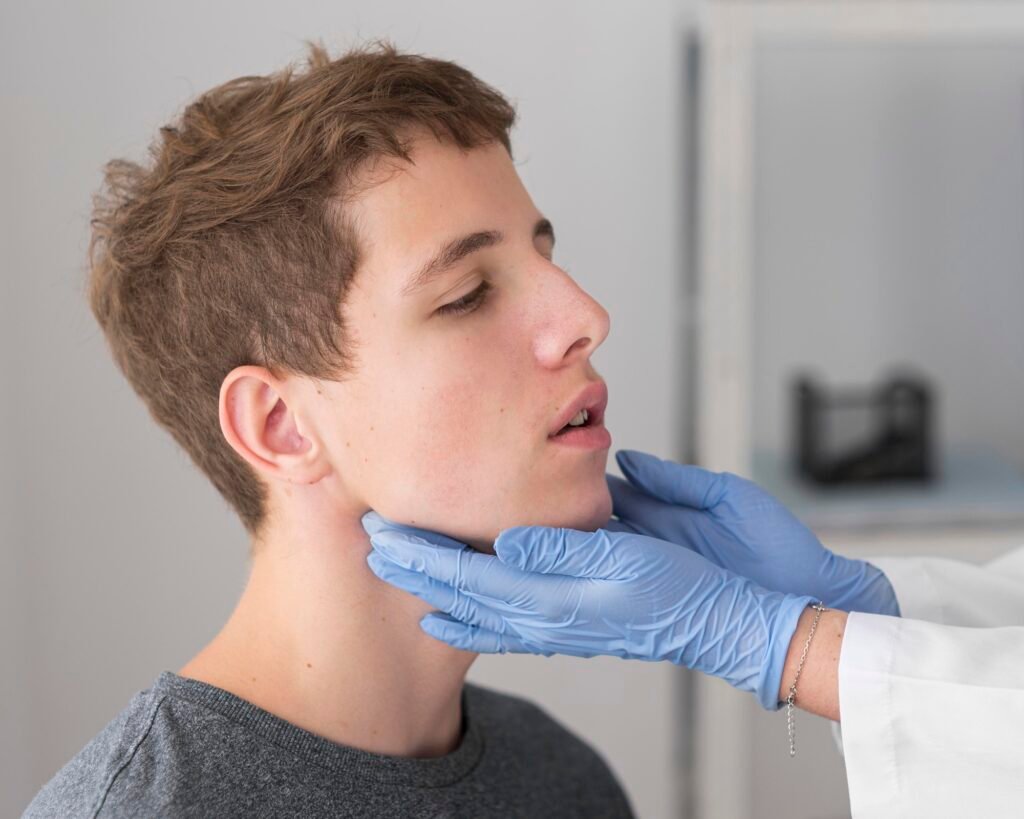What are Corrective Jaw Procedures?
Corrective jaw procedures, also referred to as orthognathic surgery, are performed to correct a variety of jaw issues. These may include misalignments of the upper and lower jaws, and they can address both functional and aesthetic concerns. The procedure can significantly improve the ability to chew, speak, and breathe, while also enhancing the overall facial appearance.
Why Are Corrective Jaw Procedures Necessary?
There are several reasons why corrective jaw procedures may be necessary, including:
- Difficulty chewing or biting
- Chronic jaw pain or discomfort
- Sleep apnea or other breathing issues
- Misaligned teeth that do not respond to orthodontics alone
- Asymmetry in the face or jaw
Types of Corrective Jaw Procedures
There are different types of corrective jaw surgeries depending on the specific condition of the jaw. Some of the most common types include:
- Upper jaw surgery (Maxillary Osteotomy): This surgery corrects issues with the upper jaw, often addressing problems like an overbite or underbite.
- Lower jaw surgery (Mandibular Osteotomy): In this procedure, the lower jaw is repositioned to correct alignment issues such as a protruding or receding jaw.
- Bimaxillary surgery: This involves both the upper and lower jaw being corrected simultaneously.
- Chin surgery (Genioplasty): Sometimes performed alongside jaw surgery, this procedure improves the appearance of the chin if it’s too prominent or recessed.
How Are Corrective Jaw Procedures Performed?
Corrective jaw surgeries are typically done under general anesthesia in a hospital setting. The surgeon makes incisions inside the mouth, and the bones are repositioned to improve alignment. In some cases, small screws and plates may be used to hold the bones in place as they heal.
What Are the Benefits of Corrective Jaw Procedures?
Corrective jaw surgery offers both functional and aesthetic benefits, including:
- Improved ability to chew and speak
- Reduced jaw pain or discomfort
- Enhanced facial appearance and symmetry
- Improved self-esteem and confidence
- Better breathing, particularly in cases involving sleep apnea or airway obstruction
What is the Recovery Process Like?
Recovery from corrective jaw surgery varies from patient to patient, but it generally involves the following stages:
- Initial recovery: Swelling and discomfort are common in the first few days. Pain is managed with medication, and patients are usually advised to rest.
- Dietary restrictions: For the first few weeks, patients may need to follow a soft or liquid diet to avoid strain on the jaw.
- Follow-up care: Regular follow-up appointments are essential to monitor the healing process and ensure the jaw is aligning correctly.
- Complete recovery: Full recovery can take several months, with final results becoming evident after about 12 to 18 months.
Are There Any Risks Associated with Corrective Jaw Procedures?
As with any surgery, there are potential risks, including:
- Infection at the surgical site
- Nerve damage leading to numbness or tingling in the face
- Relapse of the jaw position
- Unfavorable aesthetic results (in rare cases)
- Difficulty eating or speaking immediately after surgery
Who is a Good Candidate for Corrective Jaw Surgery?
Ideal candidates for corrective jaw surgery are those who experience functional problems such as difficulty chewing, speaking, or breathing. Additionally, individuals with facial asymmetry or those who have not seen improvement with orthodontics alone may benefit from the procedure. A thorough evaluation by a dental surgeon or orthodontist is essential to determine candidacy.
Is Corrective Jaw Surgery Covered by Insurance?
In many cases, corrective jaw surgery is covered by health insurance, especially if it is deemed medically necessary. However, coverage varies depending on the insurance policy. It’s important to check with the insurance provider for specific details about coverage and requirements.
Conclusion
Corrective jaw procedures can significantly improve both the function and appearance of the jaw, addressing a wide range of concerns from chronic pain to aesthetic issues. With proper planning, surgery, and post-operative care, many patients experience life-changing results. If you are considering corrective jaw surgery, consult with a skilled dental surgeon to understand your options and develop a personalized treatment plan.
4o mini

